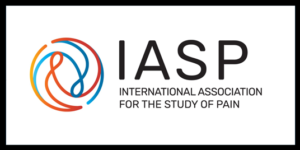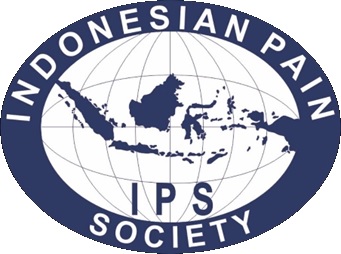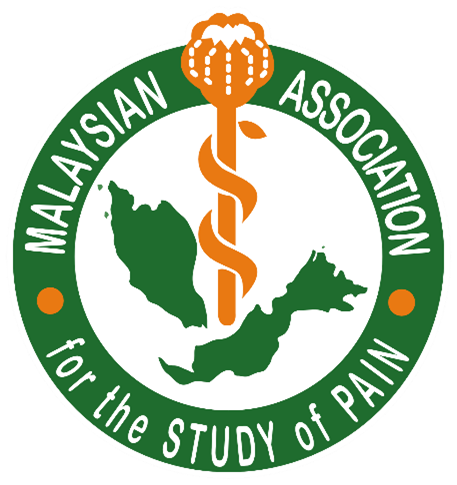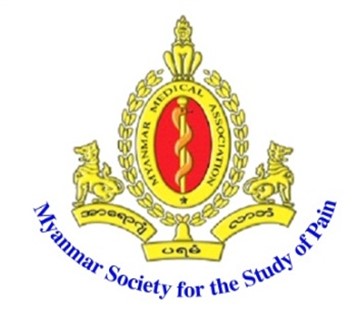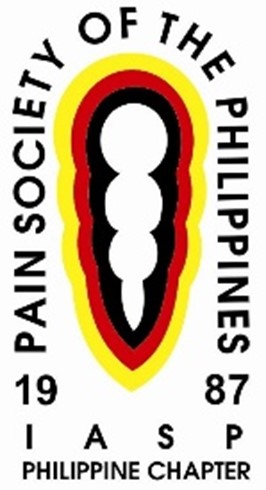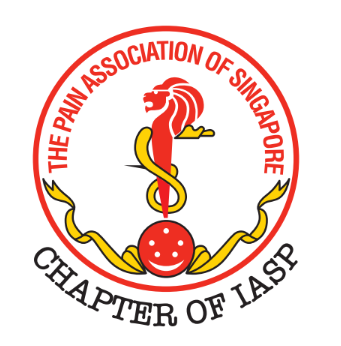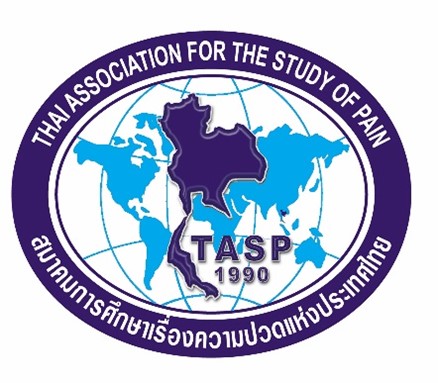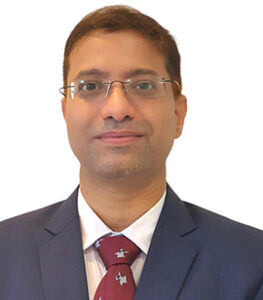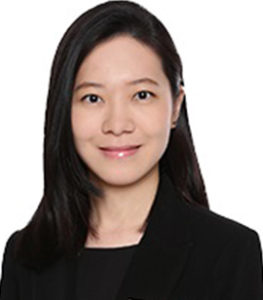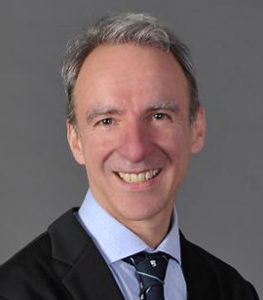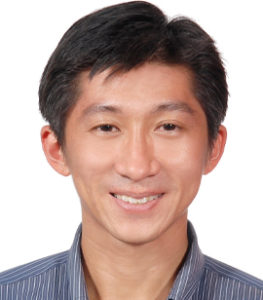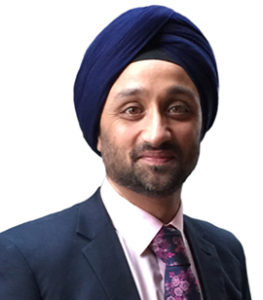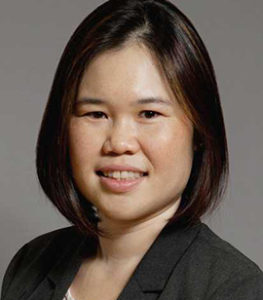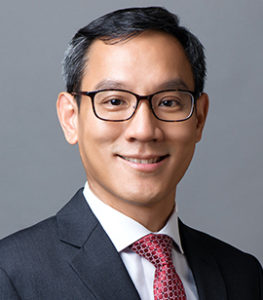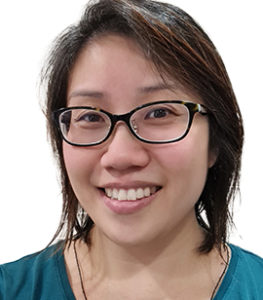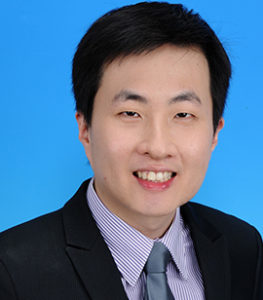ASEAPS

ASSOCIATION OF SOUTHEAST ASIAN PAIN SOCIETIES (ASEAPS)
The original 5 Association of Southeast Asian Nations (ASEAN) countries, namely, Indonesia, Malaysia, Philippines, Singapore, and Thailand, are chapters of the International Association for the Study of Pain (IASP). After a meeting of the chapter presidents of these countries at the World Congress of Pain in San Diego in 2002, a confederation of IASP chapters for the Southeast Asian region was formed, with the aim to improve pain service provision, education, and research. The new entity, called the Association of Southeast Asian Pain Societies (ASEAPS), was inaugurated at a meeting of the Pain Association of Singapore in 2004. Biennial regional conferences linked to existing national conferences were organised by ASEAPS members on a rotational basis, with the first ASEAPS congress being held in Manila, Philippines in 2006. In 2011, the Myanmar Society for the Study of Pain became the sixth member of ASEAPS.
Brief History:
Indonesian Pain Society (IPS) is a Chapter of The International Association for the Study of Pain (IASP). IPS was founded in April 2002 in Makassar, which become a place of devotion for those who are engaged in the field of pain management, which is applied through various disciplines and professions in therapeutics. Pain management efforts must target causal, symptomatic, palliative and rehabilitative aspects, and this ultimately contributed to the establishment of this organization.
The main objectives of IPS are:
- To stimulate and encourage education and training in the field of pain
- To develop and encourage research on pain mechanisms and syndromes, to improve the management of acute, chronic and cancer pain
- To distribute new information in the field of pain through journals
- To inform the general public about the results and implications of the latest research on pain
- To encourage the establishment of IPS branches in Indonesia
There are currently 11 of IPS branches throughout Indonesia: Jogjakarta, Makassar, Jakarta, Medan, Padang, Bandung, Surabaya, Bali, Manado, Malang and Semarang. Our total membership is around 300 and comprises various fields/specialties including Neurology, Anesthesiology, Orthopedic, Acupuncture, Cardiology, Neurosurgery, Medical Rehabilitation, Psychiatry, Urology, Digestive Surgery, Pulmonology, Nutrition and General Practice.
Pain management has been running in each installation/service unit and discipline in hospital services in accordance with the competencies possessed by health workers, but with the development of medical knowledge and science. Optimal pain management requires more complex and multi-disciplinary treatment, especially in the management of chronic and cancer pain. Hence, we need an integrated, coordinated and holistic pain management service system to provide optimal results, efficiency in service financing and patient safety-oriented care.
Brief History:
The Malaysian Association for the Study of Pain (MASP) is a Chapter of the International Association for the Study of Pain (IASP). It was formed in 1993 by a group of enthusiastic doctors who felt that patients in pain were not being treated adequately, whether it was acute, chronic, or cancer pain and that there was a real need for education on better pain management in Malaysia. The main objectives of MASP are:
- To promote education and training in the field of pain
- To promote and facilitate the dissemination of new information in the field of pain
- To achieve liaison with similar bodies and other specialists in other regions
- To advise national agencies on standards relating to the use of drugs, appliances and other procedures relating to pain relief
- To encourage and promote friendship among members of the society
As the management of pain cuts across many disciplines, membership of MASP is open to any health care professional who is interested in pain management – doctors, nurses, clinical psychologists, physiotherapists and occupational therapists.
Brief History:
Recognizing the enthusiasm and great effort of multidisciplinary professionals to improve the pain management and education in Myanmar, International Association for the Study of Pain (IASP) approved the Myanmar Society for the Study of Pain (MSSP) as the Myanmar Chapter to IASP in November, 2008. MSSP is the second largest society under the Myanmar Medical Association (MMA), comprising multidisciplinary medical professionals including anaesthesiologists, orthopaedic surgeons, physiatrists, neurologists, neurosurgeons, surgeons, psychiatrists, oncologists, nurses, physiotherapists, prosthetists, orthotists and social workers. Prof. Tin Myint (anaesthesiologist, and first president of MSSP), Prof. Myint Thaung (orthopaedic surgeon) and Prof. Khin Myo Hla (physiatrist) are the founding members of MSSP. MSSP is the 6th member of Association of Southeast Asia Pain Societies (ASEAPS). It is well recognized as a highly energetic society in the region, one that was quickly developed due to deep interests from inter-disciplinary medical professionals.
The vision of MSSP is “Improving quality care and management of pain in Myanmar” and the mission is “Always working together with strong commitment for our people”.
Objectives of MSSP are:
- To update knowledge about modern science and practice of pain
- To improve quality of pain management in clinical practice
- To develop clinical guidelines and protocols in respective specialties for pain management
- To encourage pain research with available resources
- To revive and develop Pain Treatment Centres and Pain Clinics with IASP guidance and support
- To train new generation doctors with training scholar program proposed by IASP, Thai Association for the Study of Pain (TASP), and the Australian and New Zealand College of Anaesthetists (ANZCA)
Brief History:
In 1987, the International Association for the Study of Pain (IASP) granted Philippines provisionary membership status. The society was then known as the IASP (Philippine Chapter). The first assembly was convened by Dr. Cenon R. Cruz with Dr. Benigno M. Sulit Jr., Dr. Erlinda T. Arambulo and Dr. Francis O. Javier. From December 1989, the Philippine Chapter was renamed the Pain Society of the Philippines (PSP). PSP was granted regular IASP membership status in April 1990.
In 2004, PSP, then led by Dr. Mayvelyn D. Gose, joined four more South-East Asian Pain Societies – Indonesia, Malaysia, Singapore, and Thailand to form the Association of South-East Asian Pain Societies (ASEAPS). In 2009, the society established the Dr. Benigno M. Sulit Jr. Memorial Lecture in honor of one of the Philippine pioneers in pain management.
Committed to the study of pain, PSP, in collaboration with the Australian and New Zealand College of Anaesthetists (ANZCA) and the University of Santo Tomas (UST) Faculty of Medicine and Surgery Center for Pain Medicine, held an Essential Pain Management (EPM) course in August 2014. The EPM has since remained a regular Continuing Medical Education (CME) program of the society.
PSP continues to grow the vision to make “Pain Relief a Basic Human Right for All”. In the midst of the pandemic, PSP has transitioned to remote teaching and learning, via web-based CME and pain management webinars. PSP remains steadfast in pursuit of its vision, the attainment of pain relief as a basic human right.
Brief History:
The Pain Association of Singapore (PAS) was founded by a multidisciplinary group of doctors, led by Dr. George Tay, an anaesthesiologist. Dr. Tong Hoo Ing, a neurologist, was the first PAS President. The association was registered on 30 Jul 1986 and became a chapter of the International Association for the Study of Pain (IASP) soon after. PAS was also a founding member of the Association of Southeast Asian Pain Societies (ASEAPS), together with the pain societies of Indonesia, Malaysia, Philippines and Thailand. This confederation of pain societies was formed in 2004, with support from IASP, to promote collaboration among health care professionals in South-East Asia for the improvement of pain service provision, pain education and research. Prof. Dr. Cynthia Ruth Goh, a palliative medicine specialist and then PAS President, took an active role in the formation of ASEAPS and was its founding President.
Our mission is to acquire new knowledge to help, diagnose, research and increase awareness of pain management to the professionals and public.
Today, PAS continues to attract a wide spectrum of clinicians, nurses and allied health practitioners including anaesthesiologists, palliative medicine specialists, rehabilitation physicians, geriatricians, rheumatologists, surgeons, general practitioners, dentists, psychologists, physiotherapists, occupational therapists, pharmacists, and many others. This diversity of membership reflects the growing recognition of the multidisciplinary nature of pain management.
Brief History:
The Thai Association for the Study of Pain (TASP) was founded in February 1989 at the first pain symposium at Siriraj Hospital, Bangkok. The invited International Association for the Study of Pain (IASP) past-president guest speakers, Prof. Michael J Cousins and Prof. John D Loeser, mooted the idea of forming a pain society to bring collaboration among multidisciplinary clinicians to improve pain management in the country. The Thai Pain Society was eventually inaugurated and later became a chapter of the IASP. Prof. Sira Bunyaratavej was the first president. Under the strong and distinguished leadership of Prof. Sira Bunyaratavej and Prof. Somsri Pausawasdi, the Thai Pain Society grew and held regular scientific activities and education on pain and pain management.
During the 6th World Congress on Pain in Adelaide, Australia, in April 1990, the inauguration of the Thai Association for the Study of Pain (TASP) was presided by Prof. Michael J Cousins and it was accepted as a new Chapter of IASP. Thai Association for the Study of Pain was registered and approved as an association on July 31st, 2002 and later as TASP on February 20th, 2008.
TASP is the center for the study of pain and pain management in Thailand. The mission is:
- To promote the education, management and researches in pain among health care providers
- To distribute pain knowledge and pain management strategies to the public
- To promote the rich culture of the Kingdom of Thailand



